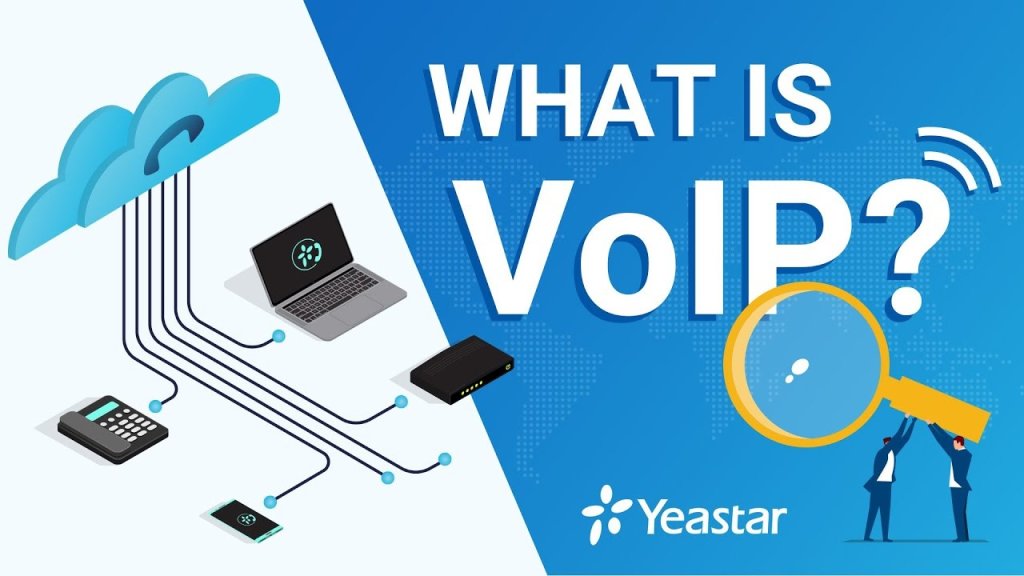VoIP (Voice over Internet Protocol) is an advanced communication technology that has revolutionized the way we communicate. It enables phone calls to be made through an internet connection, rather than a traditional telephone line. Developed in the early 1990s as a result of research funded by DARPA, VoIP now provides many more features and capabilities than basic phone services.
By using Voice over IP technology, users can make video conferencing calls or exchange files easily and quickly at much lower costs than traditional phone service providers would normally charge.
Why are People Switching From Phones To VoIP?
The switch from phones to VoIP has become increasingly popular due to its numerous advantages and factors driving it forward. Here are some key points indicating why more people are switching from conventional phone systems:
Cost Savings
VoIP requires significantly less money for setup and maintenance compared with legacy phone systems. It uses fewer resources, making it an economical solution for businesses of all sizes.
Flexibility and Scalability
With VoIP, you can scale your system as per your needs or add new features without spending extra money or time on physical equipment installation or configuration changes.
Enhanced Features
Most of the modern IP-based communication solutions come with additional features such as call conferencing capabilities, virtual receptionist services, voicemail transcription, etc., which makes communication easy and more efficient for organizations across different locations.
Improved Call Quality & Reliability
Since voice data is transmitted over a secure internet connection instead of analog lines there’s no interference in sound quality associated with traditional landline connections such as static noise etc., this results in improved call clarity and reliability when making long-distance/ international calls at a much lower cost than before.
Factors Driving the Switch to VoIP
Here are some of the primary reasons why more and more businesses are switching from phones to VoIP:
Business Adoption
VoIP is becoming a standard for businesses as calls can be made quickly and easily with no geographical barriers. It’s also cost-effective as businesses don’t need additional hardware or infrastructure setup in order to use it.
Remote Work & Mobility
The ability to connect with colleagues remotely allows teams to work together seamlessly without being in the same physical location, which makes things much simpler for distributed teams or those that travel frequently.
Technological Advancements
As VoIP technology continues to evolve at a rapid pace, new features like video conferencing and cloud integration have opened up exciting opportunities for business owners and employees alike. This allows for higher levels of collaboration as well as improved communication between team members across different locations and time zones.
Environmental Benefits
Not only does using VoIP help reduce operational costs but it also helps increase sustainability efforts by reducing energy consumption associated with traditional telephony systems, helping your business do its part in protecting our planet’s resources!
Tips for a Successful VoIP Migration
To ensure a successful VoIP migration, there are several tips to keep in mind. Start by researching the best VoIP providers that fit your voice and data requirements. Second, create a detailed plan outlining goals and deadlines for each step of the process. Additionally, consider seeking professional IT assistance if available to help troubleshoot any potential issues along the way. With careful planning and execution, you can make sure your business takes full advantage of all the benefits transition to VoIP has to offer.



















